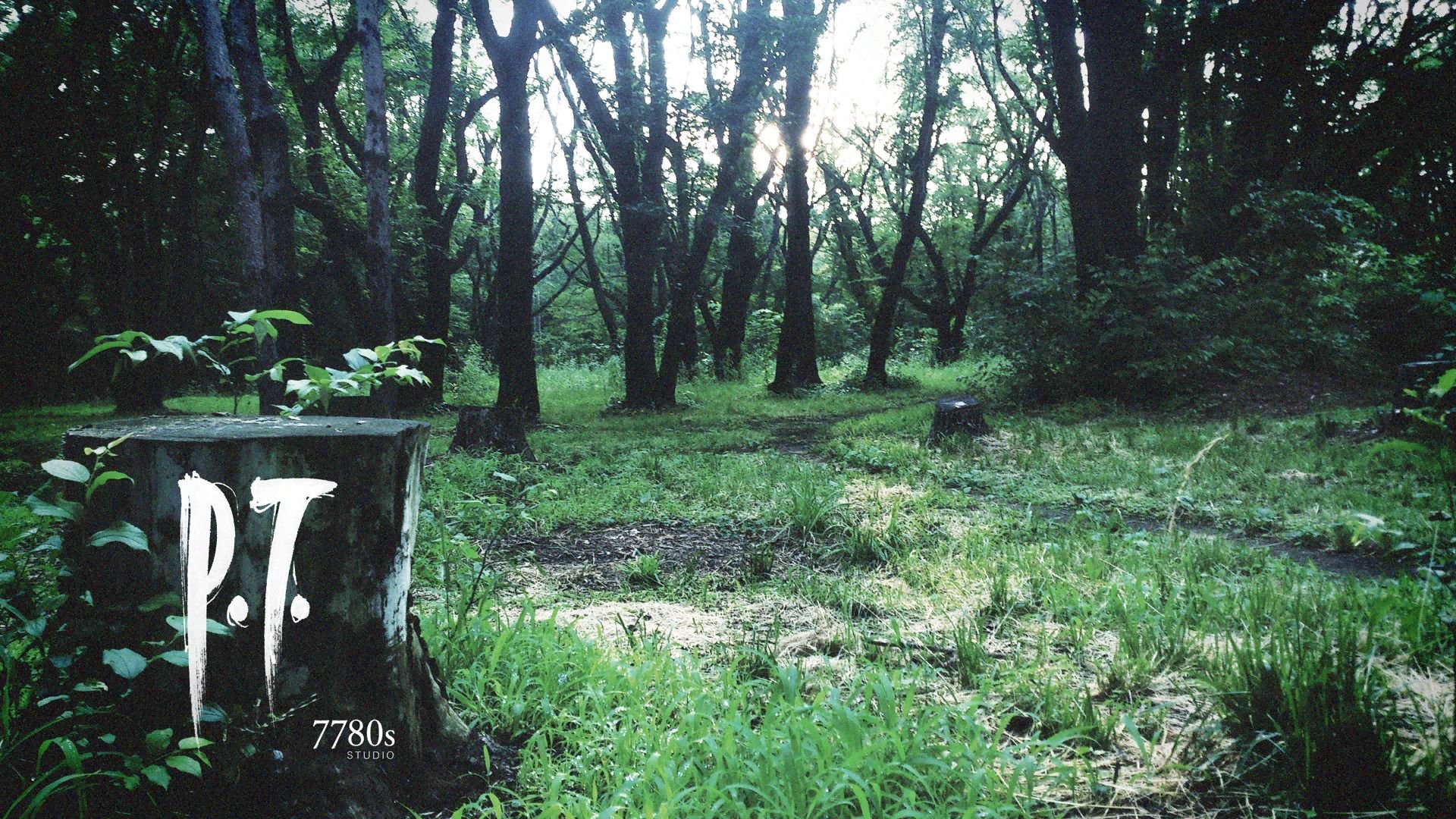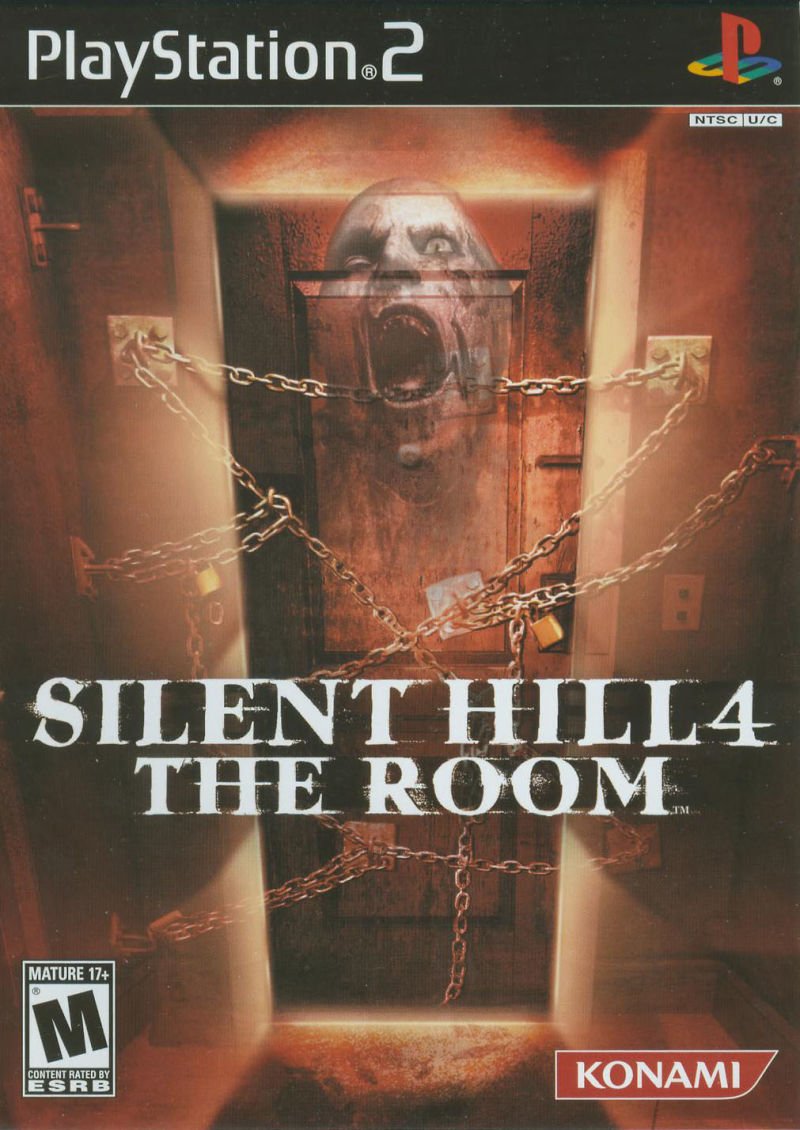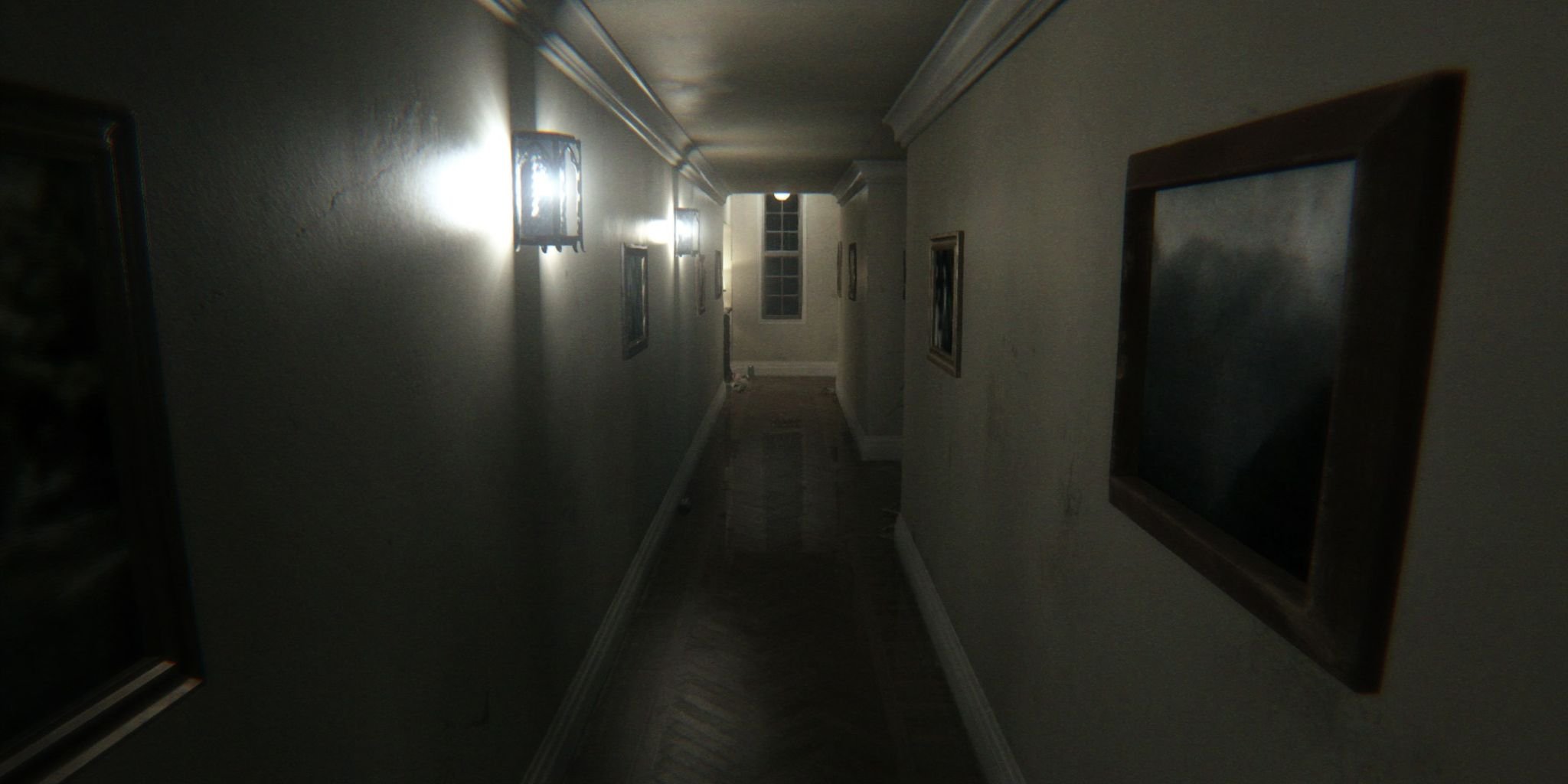
P.T. A Personal Retrospective of the Unplayable Horror Masterpiece
Article by: Rhett Brady I Staff Writer, BCS Chronicle
What You Need To Know:
P.T. was released on the PS4 in 2014 and was removed in 2015.
P.T. was a teaser for the next Silent Hill video game that ended up being cancelled.
P.T. is one of the most invigorating and engaging horror experiences that holds up well to this day.
Even with its removal by publisher Konami, P.T.’s impact on the cultural sphere and game design will forever be remembered.
Cover of the fourth game in the franchise. Could this be a possible candidate for a retrospective?
Konami is a name that many old-school gamers remember fondly. Since the 1970s, Konami has published arcade and home console video games. Their famous franchises include Metal Gear, Castlevania, Bomberman, Dance Dance Revolution, Contra, Zone of the Enders, and the subject for this article, Silent Hill. Known for the first four critically praised entries with some spin-offs receiving lukewarm praise, this series has been dormant since 2014, with no signs of coming back anytime soon. Konami has moved away from console game development. Instead, they’re focusing development on mobile games and pachinko machines. The final nail in the coffin was famous game director Hideo Kojima leaving Konami to form his game development company.
P.T. (Playable Teaser) was directed by Hideo Kojima, along with film director Guillermo Del Toro as a consultant. It was meant to showcase a concept for what the upcoming Silent Hill could be. With the cancellation of the game in 2015, this is the only remains of the canceled project that exist to the public. Unfortunately, it’s been delisted, and the only legitimate way of playing it is on a PS4 that downloaded the teaser when it was on the PlayStation store. However, I was able to play the game legitimately recently. So, 8 years later, how does it hold up as a standalone work?
While Silent Hill is known as a survival horror franchise, P.T. takes a psychological horror approach. All of the game takes place in two vertical hallways that ever so slightly change throughout the experience. Throughout the game, the hallway ever so slightly changes to symbolize the unnamed main character losing his mind. If the player ever wants to reset the loop, they can go downstairs and enter the basement door to go back to the beginning of the first hallway. The goal is to escape the house and find pieces of a photograph to put back together. P.T. leaves everything up to the player. The game gives no hints about any objectives or how to proceed. This hands-off approach makes for an unnerving and realistic experience. It’s also hard to believe that an experience this short is so well done. It’s so well done that it’s frustrating when it ends. The player craves more, but it’s upsetting that they can’t. I would love to go more into the gameplay, but I feel that this masterpiece should be experienced either by playing it or watching a playthrough blind online if you can’t find a way to access the game through legitimate or illegitimate means.
The aformentioned hallway. It’s one of the most dreadful locations in all of gaming, but in a good way.
While P.T. itself is a short product, the legacy it holds is quite remarkable. “But the gap left behind by P.T. has only whetted the appetite of the gaming world and driven many now to continue what Kojima could not. In just one short demo P.T. did more for a genre than many full games can ever lay claim to—and that may be its greatest legacy of all” (Rennie, Gaming Digest). Games such as Resident Evil 7, Amnesia, and mostly every other first-person horror game released after P.T. take inspiration from the game design, atmosphere, and wonderful pacing. Resident Evil 7 producer Masachika Kawata commented on the serious tone of P.T. compared to the black humor exhibited in Resident Evil 7, “When P.T. surfaced we were already into development and we were surprised to see it. I’m worried about how my jokes come across but I hear Brits like black humor. So, out of everyone, we were the most relieved when P.T. didn’t come out” (Eurogamer). While the Silent Hill series has a legacy, P.T. seems to have built a legacy on its own as a standalone title. It’s quite amazing how this one little teaser has inspired many full-fledged horror games and franchises, but it speaks to the brilliant game design and memorable marketing.
“Lisa” the ghost that follows you and stalks you throughout the game.
I don’t tell personal stories here very often, but P.T. has two separate stories behind it. P.T. was released when I was 13 years old. It doesn’t feel as if it was that long ago, but I was shell shocked to see that it was. I didn’t have a PS4 at the time, I would end up getting one for Christmas, but my best friend did. Thinking of ourselves as gaming connoisseurs as 8th graders, we were always in the know about the hot and upcoming games. Among the amazing Nintendo titles, Destiny, Shovel Knight, and Alien: Isolation, P.T. stood out as something that we could access for free. After waiting for the game to download, we started playing. After what had seemed to be the most terrifying night of our lives, we finished the demo after a couple of hours. We had never played anything like this before, and we were stunned at the quality of this free downloadable title. The feeling of being in a dark room not knowing when a ghost would creep on you is scary, to say the least. I had to make it a sleepover since I didn’t want to leave that room that night. Seeing the trailer for a new Silent Hill title coming at the end of the game was a real treat too.
The reveal of Norman Reedus as the protagonist was well received. He was and still is popular from his role on the television show “The Walking Dead”.
Flash forward to the present. I’m 21 years old, a senior at university, and still a fan of video games. I hadn’t thought about this game in years until Jonathan Guajardo (owner of this paper) and I were talking about horror games over dinner. Silent Hill had been of course brought up, and the conversation led to P.T. and how we couldn’t play it anymore. Well, it turns out that he had the game still downloaded on his PS4 from all of those years ago. Seeing it as an opportunity to play something that I never thought I would play again, I took up the offer to come over and enjoy it with fresh eyes. It was just as effective eight years later, and the mystique of not being able to play it anymore added to the excitement of being able to enjoy it. The funniest thing about this playthrough was that he had completed it those years ago. When you complete the game, you can go back and play it for a second time, but the second playthrough never ends as it is only meant to be played once. To my knowledge, the second playthrough never ends. It kind of makes a lot of sense in a way. The player escaped the house already, so why would they come back to play again? I never thought there would be a philosophical reason for the second playthrough, but it speaks to Kojima’s genius and thoughtfulness in his game design.
Death Stranding was released on the PS4 in 2019, six years after the release of its spiritual predecessor. It received mixed reviews, but was praised for its graphics and narrative.
Oh, what could have been. It’s shameful what Konami has done. Their incessantness to erase this game from the cultural zeitgeist has created more interest in this unplayable masterpiece. It’s also quite telling that a playable concept has influenced so many other games in a genre since its release, even though the core experience is around 30 minutes long. We never know what the future holds. P.T. could be released again at some point in the future. A new Silent Hill game might be made. Kojima, Del Toro, and Reedus created a video game called Death Stranding with Sony publishing when Kojima left, but the connections in the game to what Silent Hills was is unknown. Konami could get a new president that wants to bring more resources back to console development. I could be dreaming of something that might not happen, but a man can dream. In the real world, P.T. is just as effective as it was in 2014, and if you can ever find a way to play it, do it before you can never access it in the world of increased digital distribution.





